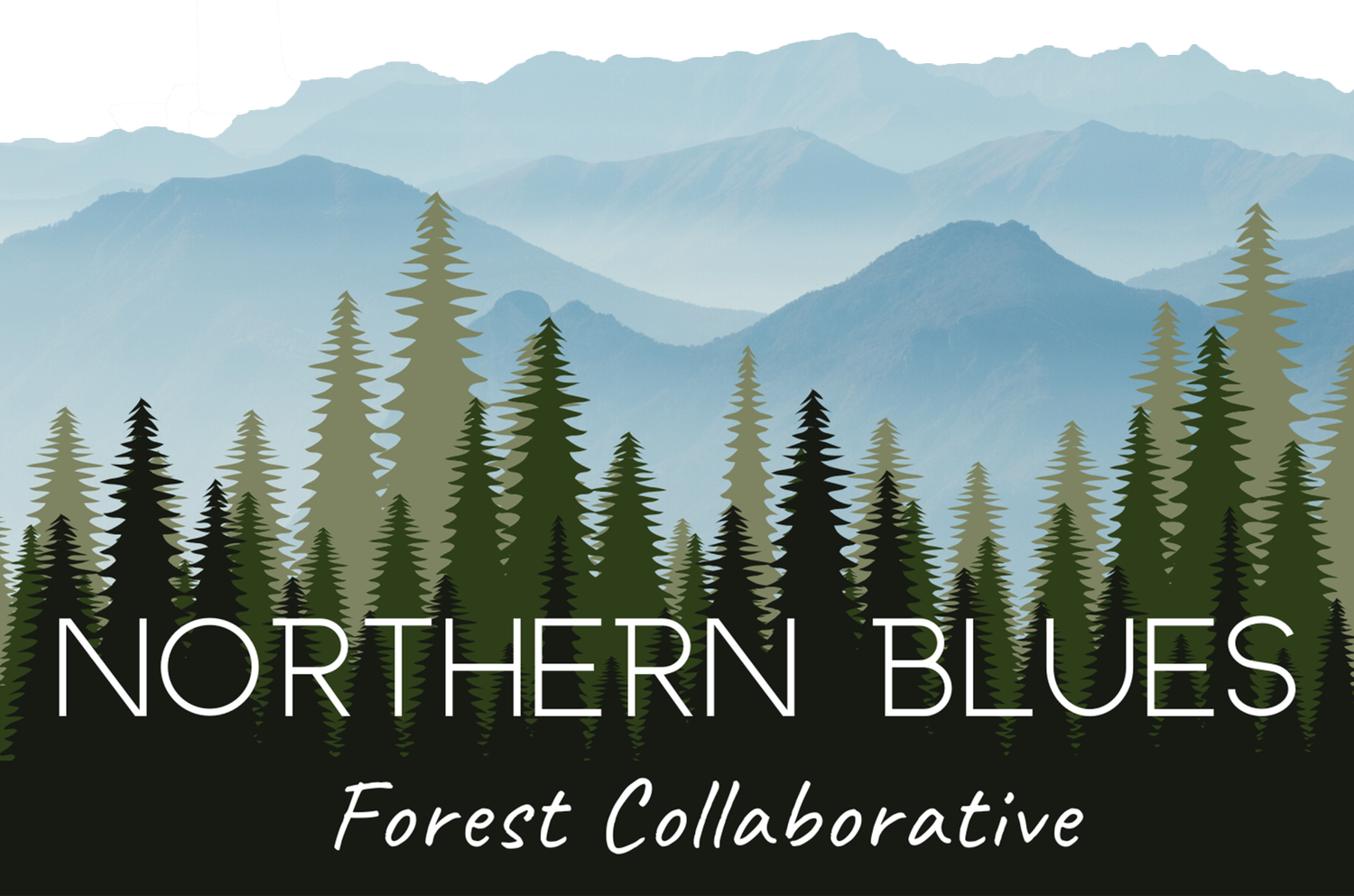
COLLABORATION
Collaboration happens when diverse stakeholders are working together to solve a common problem or achieve a common objective. For the NBFC, this means restoring our local landscape and helping communities that depend on our forest for work. Although it takes trust and hard work, we believe collaboration is the best way to achieve our goals. By putting in more time and effort up front, we can build more durable projects and solutions backed by social agreement. Collaboration allows us to:
The Benefits of Collaborating:
Learn from each other
Achieve better economic and ecological outcomes
Increase efficiencies
Get more done by working together
Principles for Collaboration
• We seek to build trust and mutual understanding in all of our interactions. Give others the benefit of the doubt when statements initially seem vague or non-sensical. Listen especially carefully to those from communities you do not participate in regularly.
• Respect each other in and outside of meetings - personal attacks and/or disparaging commentary or insinuation is inappropriate. If concerns arise, participants are encouraged to check rumors, or discuss concerns directly with the person involved, and not talk behind others backs.
• Participants are representative of a broad range of interests, each having concerns about the outcome of the issues at hand. All parties agree to recognize the legitimacy of the interests and concerns of others, and can expect that their interests will be represented as well.
• Disagreements will be regarded as “challenges to be solved,” rather than as “battles to be won.” Search for win-win solutions and creative alternatives. Trust that the creativity of the group can often find the best solution.
• We rely on the best available science to establish a shared understanding of fact. Sometimes this requires a long shared-learning process, and an in-depth look at a variety of perspectives. This is part of the hard work of collaboration, and we encourage your patience and diligence.
• We seek consensus, but understand this is not always possible. When consensus is not realistic, we seek to understand each other’s perspectives as completely as possible.
